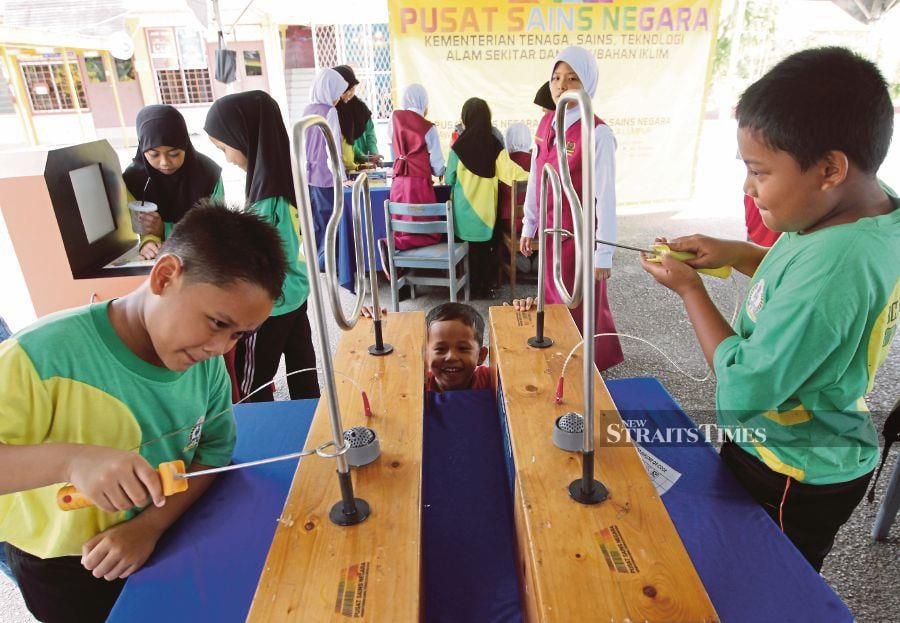THE fourth industrial revolution is the culmination of information and communications technology and Internet-of-Things under the current big data-era of artificial intelligence (AI)-enabled precision and personalisation, with the convergence of physical, biological and digital technology.
AI technology is rapidly changing how we think about work. AI can create new opportunities and potentially fill the gaps of work that no one wants to do. We should embrace AI as serendipity that will revolutionise all aspects of our lives.
Whether you like it or not, AI is already in our everyday lives, with Siri and Alexa taking your voice commands and dictating your speech. Facebook and e-commerce platforms are collecting your preference data to tailor advertisements for improved marketing.
Yet, this will be disruptive to the labour market, with reduced dependence on labourers, unemployment among low-skilled people, and widen the gap between society's technology haves and have-nots.
AI is ground-breaking in providing tools for maximising objective functions for optimal outcomes. For instance, an automated port with autonomous vehicles, stacker cranes and self-driving trucks maximises operational efficiency and safety from a central control room, while minimising human accidents in transporting the shipping containers.
We must realise that technological advancement is an age-old phenomenon. In the past, tractors did not make farming obsolete and video did not kill the radio star.
Instead, new technology changes job functions and helps us to perform jobs better and safer, aided by machines. An end-to-end automation pipeline still requires technicians and engineers.
The current workforce needs a mindset change to overcome the fear of technology taking away jobs. Everyone must learn to work with technology, such as smart devices, machines, drones and robots to avoid being redundant.
Digitally enabled manpower and tech-savvy citizens are critical to build Malaysia into a high-income, developed nation. Government and educational agencies play a pivotal role in rethinking the future of work by facilitating the transition of job landscapes and incentivising upskilling of workers.
Technical and vocational education and training programmes at colleges for robotics and automation will need further boosts with advanced AI and computer programming exposure at universities to produce future-ready graduates.
In this respect, current initiatives towards micro-credentials and experiential learning and a competency-based education landscape at higher education institutions will be timely for the acquisition of 21st-century skills.
Young minds should be inspired with technological wonders through STEM (science, technology, engineering, and mathematics) outreach and exposure to computing, logics and simple programming via extra-curricular activities, like robotic club and drone competitions in schools.
Meanwhile, the digital transformation of government must keep pace with the fast-evolving technologies, with regular assessments and upgrades of cyber infrastructure. A high-performing culture should be instilled, with a growth mindset for continuous lifelong learning and upskilling or retraining for new job scopes.
This is especially true for civil servants, whose skillsets must be adaptive and constantly refreshed to be agile, resilient, and future proof in today's uncertain world. Remote working will be a post-pandemic trend to stay.
The National 4IR Policy will serve as a framework for advancing all the industries and sectors holistically in different aspects. No one should be left behind in this torrent-of-data era.
Hopefully, more AI-based companies will be established with stimulus packages by the government. More efforts are needed to accelerate the growth of Malaysian AI from a laggard into a regional pioneer with cutting-edge research innovation and high-tech industry.
The writer is an associate professor at Universiti Kebangsaan Malaysia, leading the Plant Functional Genomics Research Group at the Institute of Systems Biology





